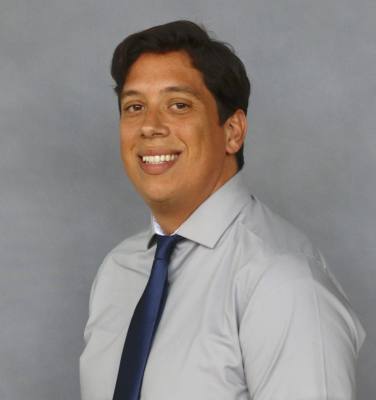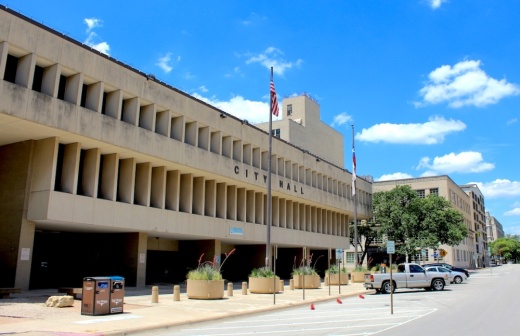The resolution created a new scheduling structure where City Council will continue to meet most Tuesdays, but with changes to meeting type and variation in time of day.
Beginning this November, Fort Worth City Council will meet on the first and third Tuesday of each month beginning at noon with its executive session. The council will then have its work session at 1 p.m. Then, at 6 p.m. on each first and third Tuesday, council will meet specifically for the purpose of public presentations.
This is a change from a previous format in which time set aside for public presentation—wherein citizens can speak to a broad range of concerns that do not have to pertain to a specific item on that meeting’s agenda—was scheduled toward the end of most regular meetings.
On the second and fourth Tuesdays, City Council will have its regular meetings, without work sessions beforehand, but those respective meetings will be at different times.
The second Tuesday meetings will begin at 6 p.m. and include the council’s monthly docket of zoning cases to be heard. The fourth Tuesday meetings will begin at 10 a.m.
During these regular meetings, there will be no formal public presentation item on the agenda, and residents will still have the opportunity to speak about specific items on the agenda for that meeting.
The change is effective for the months of November and December this year, as well as the entirety of 2022. A calendar attached to the resolution reflected some variation to the outline, accounting for holidays and other situations.
Currently, Fort Worth City Council meets most Tuesdays beginning at 3 p.m. for work sessions and 7 p.m. for regular meetings, with its executive session built into the regular meetings.
At Fort Worth Mayor Mattie Parker’s request, City Attorney Sarah Fullenwider and her staff looked into the practices of other large cities in Texas, including Dallas, Austin, Houston and San Antonio, as well as similarly-sized cities from around the country.
During a work session Sept. 21 during which council received a presentation on the proposed changes, Fullenwider told council members that her team felt the recommended schedule changes built on the best practices of those cities. Her team found in its research that Fort Worth was the only city of those reviewed to have its work sessions and regular meetings on the same day and the only city to have its meetings at night.
At the work session, Parker talked about bandwidth for herself, council and staff, and she suggested the changes would help council and city staff involved remain fresh for each individual meeting, a point she reiterated before the Sept. 28 vote.
“The purpose of this schedule change is for efficiency—not only for those of us who sit on this dais, but for city staff and, more importantly, for the citizens of Fort Worth,” Parker said, later adding, “We will still remain one of the most transparent, most accessible City Councils in the country.”
Council Member Elizabeth Beck praised the varied meeting times as opening up the city’s business to be more accessible to residents who work at night, and Cary Moon, whose District 4 includes parts of Northeast Fort Worth, spoke about the importance of the change to having public presentation set at 6 p.m. twice a month, noting in the past it could occur late in the evening.
“Moving [public presentation] to the front of the meeting is more considerate for those folks who want their voice heard,” Moon said.
Fullenwider explained to City Council on Sept. 28 that the city’s charter does not mandate nighttime meetings or even that the city meet on Tuesdays, specifically—just that it meet no less than 44 times per year.
Because this change was done via resolution, it could be altered or reversed in the same fashion, she explained.





